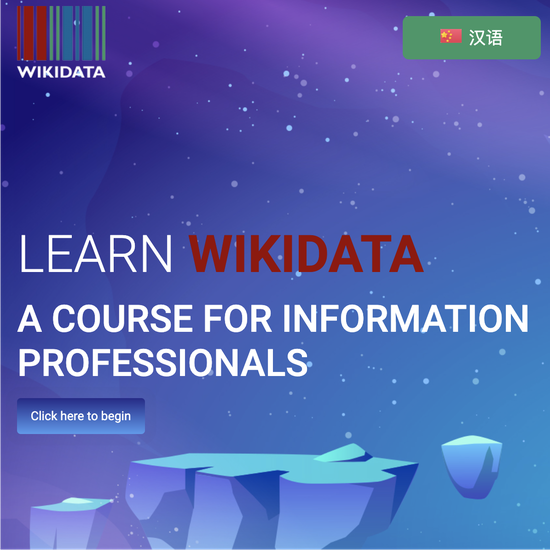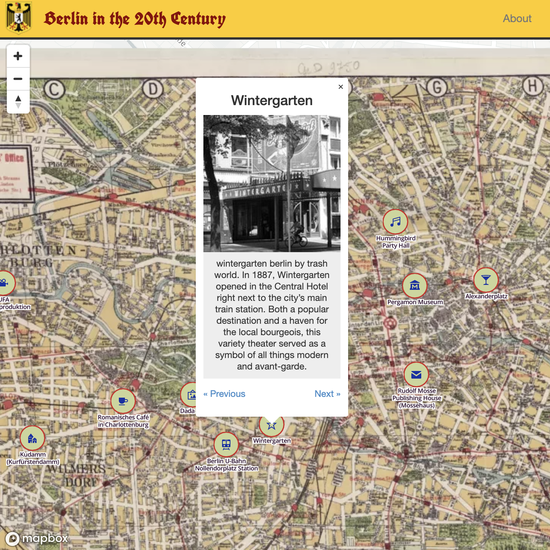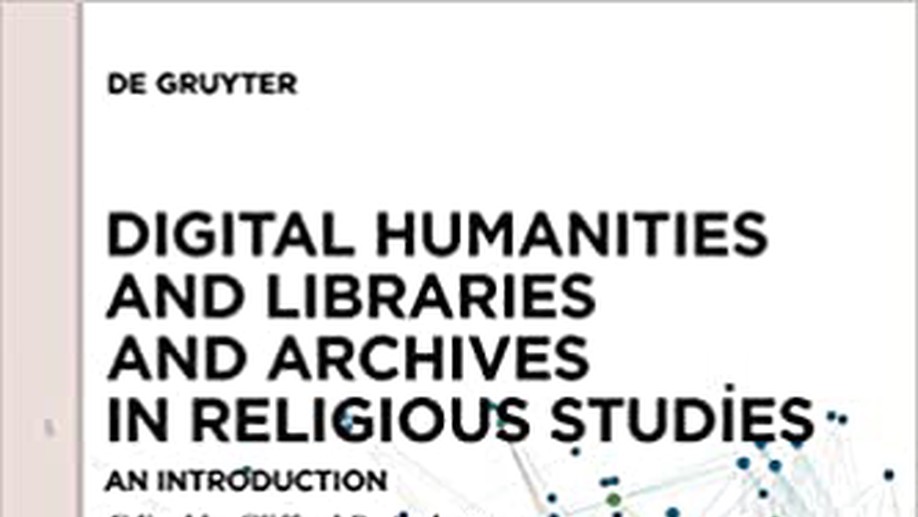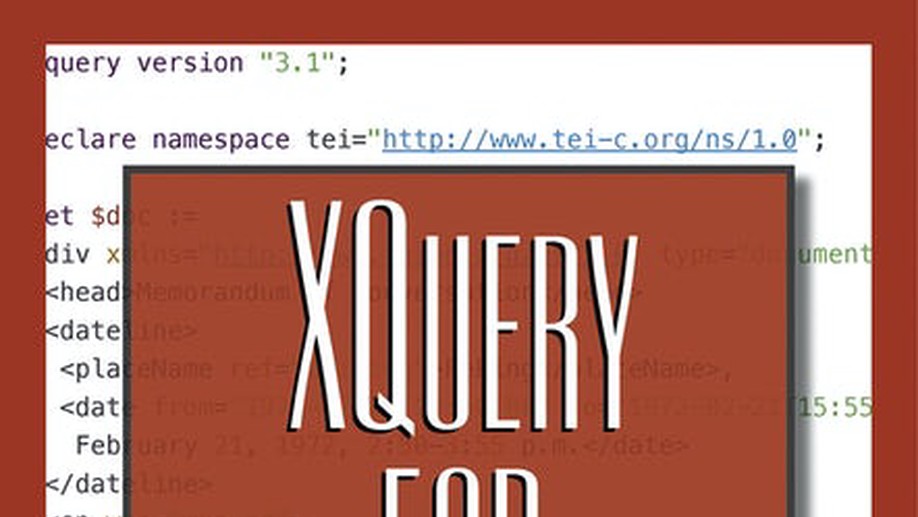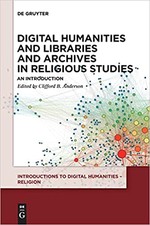Biography
Clifford B. Anderson is the Director of the Divinity Library at Yale University. Among other publications, he is co-author of Artificial Intelligence for Academic Libraries (Routledge, 2025), XQuery for Humanists (Texas A&M University Press, 2020) and editor of Digital Humanities and Libraries and Archives in Religious Studies (De Gruyter, 2022).
Interests
- Academic Librarianship
- Computational Thinking
- Digital Humanities
- Theological Studies
Education
M.S. in Library and Information Science, 2012
Pratt Institute
Ph.D. in Systematic Theology, 2005
Princeton Theological Seminary
Th.M. in Theology, 1996
Princeton Theological Seminary
M.Div., 1995
Harvard University Divinity School
A.B. in Philosophy, 1992
Kenyon College
